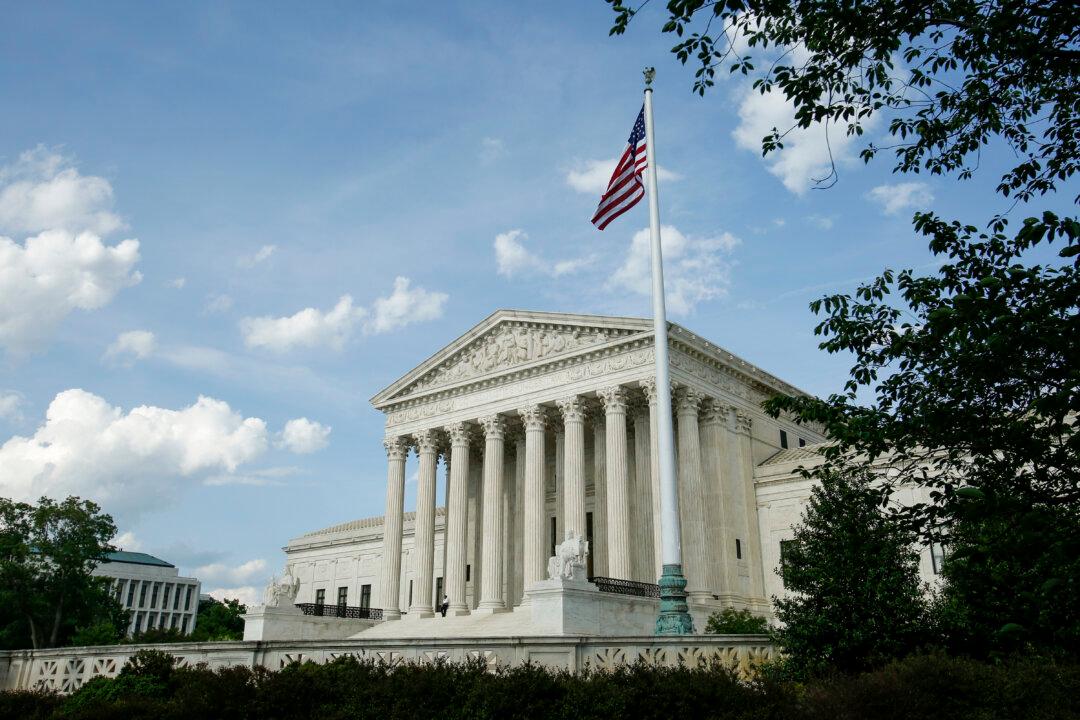WASHINGTON—The Trump administration told the Supreme Court that the government is not obligated to pay $12 billion to insurance companies that knowingly took a business risk and lost money by participating in the Affordable Care Act’s “risk corridors” program.
Republican lawmakers and other critics characterize taxpayer funding to cover the shortfall as a “bailout” and a “slush fund” for the insurance industry. That’s because the program gave the insurers participating in the risk corridors program a special deal that limited their financial exposure for the first three years beginning in 2014.





